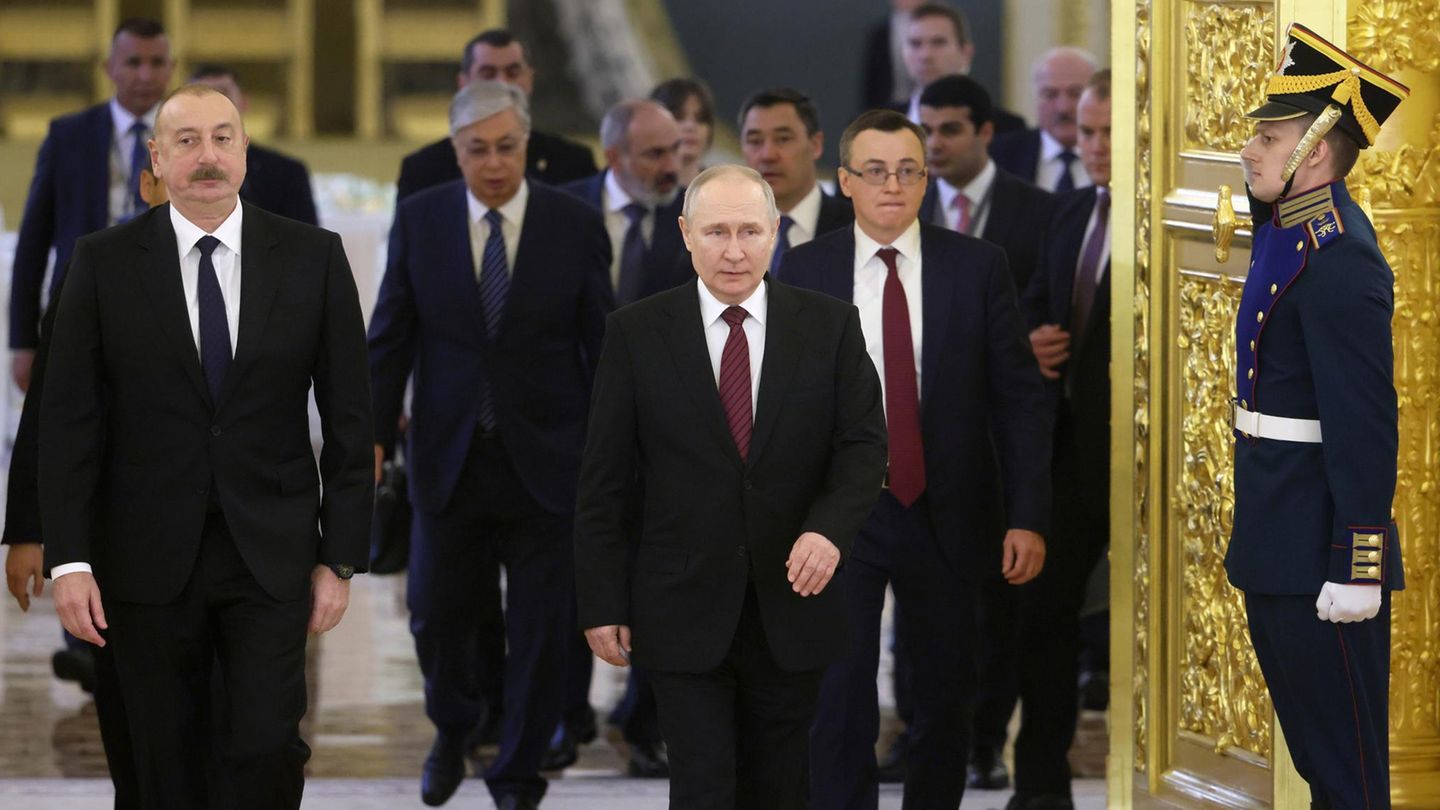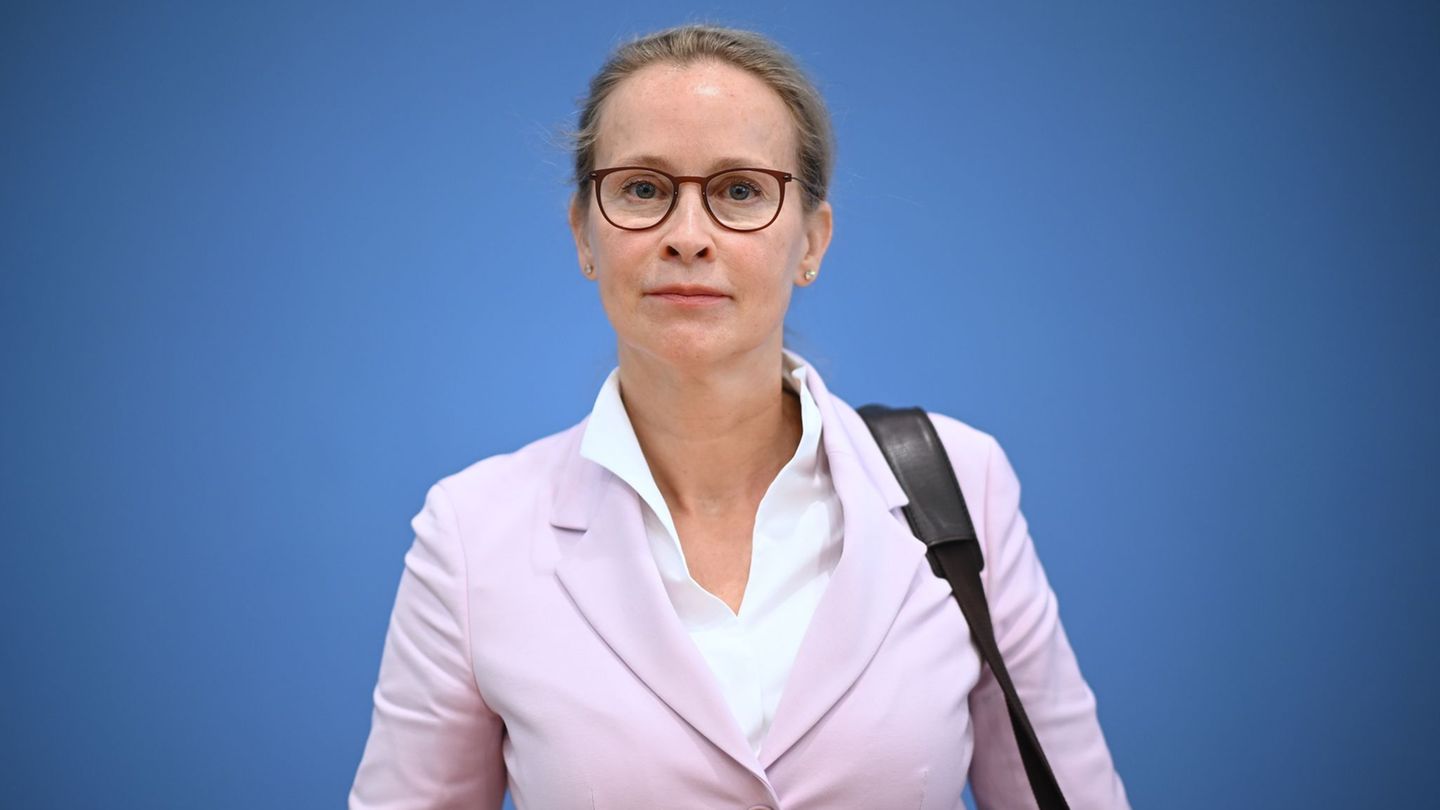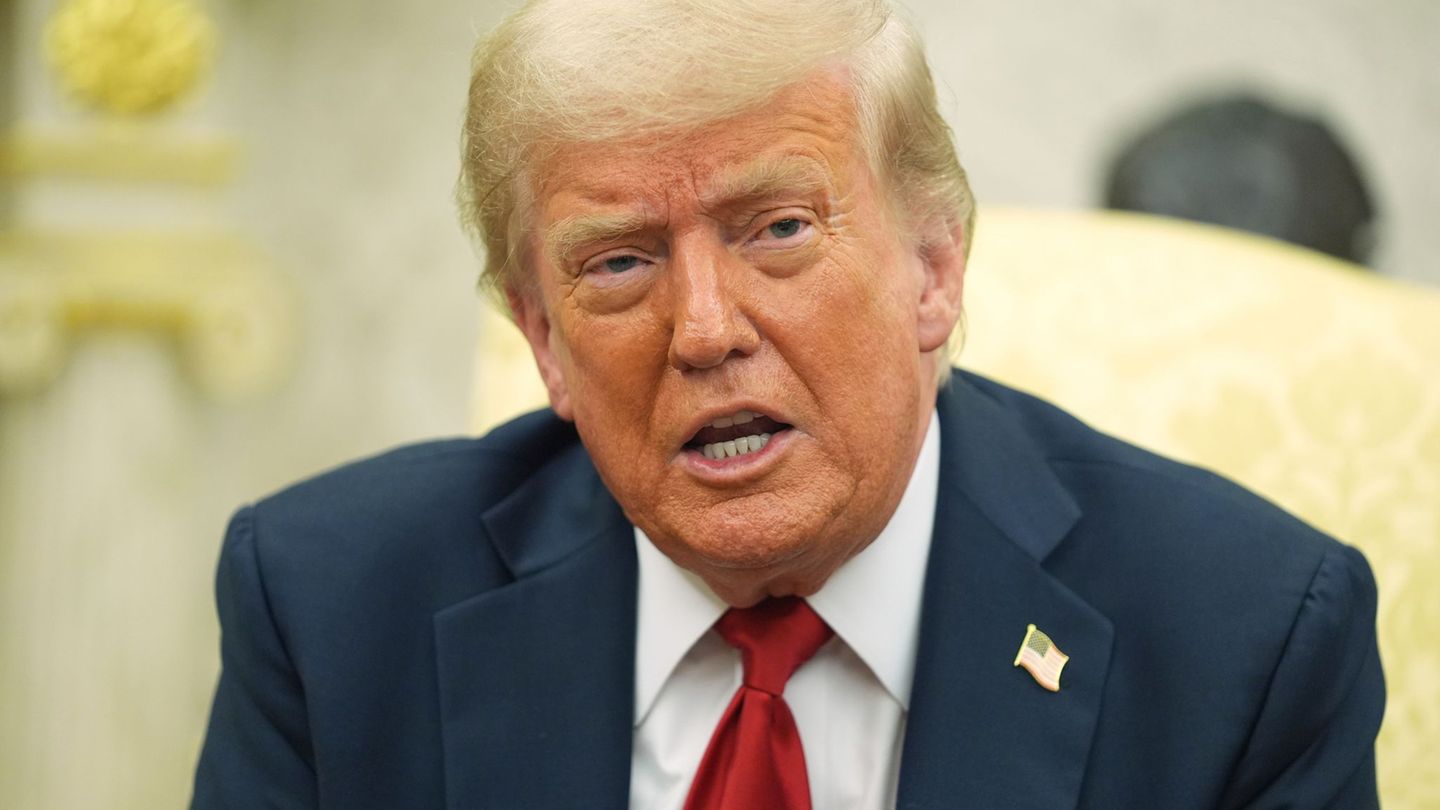The guns are silent in Nagorno-Karabakh. The conflict may be subsiding, also because there are winners: Azerbaijan and Turkey. Other states such as Russia also play a role. Only the West is watching from the sidelines.
Has Russia thrown its long-standing ward, Armenia, under the bus? Is the EU too polite towards its (gas) partner Azerbaijan? Does the West play a role at all in the conflict over Nagorno-Karabakh and who can help maintain the ceasefire in the escalation-prone region in the future?
Caucasus: little space, many ethnic groups
In the Caucasus, actually a mountain range in the south of Russia and the neighboring states between the Black and Caspian Seas, numerous conflicts have been simmering for a long time. A lot of ethnic groups, peoples, states and self-proclaimed republics are at odds with each other in a small space.
Also present, if sometimes only as a “protecting power”: neighboring countries like Russia or Turkey and partners like the EU and the USA. What role do they play?
When the Tsars still ruled there, they incorporated parts of the Caucasus. After the end of the German Empire and the dissolution of the Soviet Union in 1990, things began to rumble in the multi-ethnic region. Some areas such as Abkhazia, Georgia and Chechnya were drawn to independence, others, such as South Ossetia, want to return to Mother Russia.
Nagorno-Karabakh belongs to Azerbaijan but is inhabited by Armenians. Both countries, in turn, are supported by the hegemonic and regional powers Russia and Turkey. Armenia, the first Christian state in the world, from Orthodox Russia, Azerbaijan from Turkey, which is also predominantly Muslim.
Russian peacekeeping force inactive
It was also the leadership in Moscow that brokered a ceasefire after the penultimate war in 2020 and monitored it with its troops. However, they did not prevent Azerbaijan from blocking the only access road to Nagorno-Karabakh. Armenians therefore accuse the Kremlin of abandoning them.
Read a stern analysis: Azerbaijan is waging war because it can – the EU is condemned to watch
Why? South Caucasus expert Stefan Meister recently commented on this in star: “Russian interests have changed since February 2022: The Ukraine war is devouring Putin’s military resources. Because of Western sanctions, Russia needs the north-south corridor to Iran, which goes via Azerbaijan. Moscow also needs Turkey as an alternative trade route and, to circumvent sanctions. So Putin is ready to make compromises at the expense of the Armenians. This also means that the so-called peacekeepers that Russia has stationed in Nagorno-Karabakh remain passive.”
However, it stands undauntedly behind its partner: “We support the steps taken by Azerbaijan to defend its territorial integrity,” said Turkish head of state Recep Tayyip Erdogan. At the same time, he spoke out in favor of a “continuation of comprehensive negotiations between Azerbaijan and Armenia” – a typical approach for Erdogan. He also tries to act as a middleman in other conflicts – such as in the Ukraine war.
Türkiye: mediator between the chairs
One reason: Türkiye’s situation. Geographically, the country sits between two chairs, being a neighbor of both the EU and the Caucasus and neighboring Ukraine and Russia across the Black Sea. The relationship with Armenia has been clouded, especially since the Armenian genocide in the First World War. The ally’s “victory” is celebrated in the Turkish media: “Azerbaijan has shown its fist to the Armenian militants who overshot the target,” says the pro-government newspaper “Sabah.”
Interview: stern expert answers five questions about the Nagorno-Karabakh conflict
The two countries are now closely linked economically, with gas and investor money in particular flowing to Turkey. Former Azerbaijani President Geydar Aliyev once spoke of “one nation in two states.” But Ankara is also interested in normalizing its dealings with Armenia. Also because the country has recently moved away from Russia and is seeking proximity to NATO – which Azerbaijan is jealously trying to prevent.
Nagorno-Karabakh War
The Caucasus is a permanent focal point – an overview of the most important conflicts
Both the EU and the USA are more or less condemned to watch the conflict. “This is also the result of the West’s lack of involvement in the conflict in recent years,” said Caucasus expert Meister im star. It was only in the middle of last year that EU Commission chief Ursula von der Leyen reached a gas agreement with Azerbaijani President Ilham Aliev that is expected to increase exports to Europe fivefold. “At that moment, Aliev knew that he would have a largely free hand over Nagorno-Karabakh,” writes star-Reporter Moritz Gathmann.
The USA, tired of the conflicts in Europe, sided with Armenia, but only took a symbolic side. Both countries held military exercises in mid-September. 175 Armenian and 85 American soldiers took part in “Eagle Partner 2023”. US Secretary of State Antony Blinken is only “concerned” about the short war.
And what is happening in Nagorno-Karabakh?
- Armenia and Azerbaijan
Abandoned by the Russians and unable to reach the West, the Armenians are the losers in the conflict. Especially those who live in Nagorno-Karabakh. It is not yet clear how the victorious Azerbaijanis, well equipped with petrodollars and military know-how, will proceed in the area. Whether the majority of the population will be allowed to stay or will be driven out, as many fear. Azerbaijan is planning to “integrate” Nagorno-Karabakh into the state and the only thing that is certain is that the Karabakh Armenians are pretty much alone.
Sources: “”, DPA, AFP
Source: Stern
I have been working in the news industry for over 6 years, first as a reporter and now as an editor. I have covered politics extensively, and my work has appeared in major newspapers and online news outlets around the world. In addition to my writing, I also contribute regularly to 24 Hours World.




